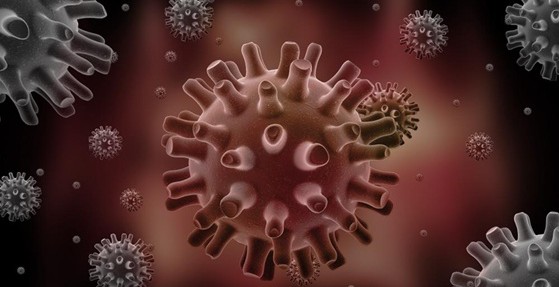
Nearly seven in 10 people under age 50 – more than 3.7 billion teens and adults worldwide – are infected with the highly contagious and incurable herpes simplex virus type 1 (HSV-1), according to a new World Health Organization (WHO) report published Wednesday in the journal PLOS ONE.
Known as “oral herpes” and spread primarily through kissing, oral sex and the use of shared objects like eating utensils, HSV-1 typically manifests as painful cold sores around the mouth, though it’s also been known to cause infections leading to blindness and, albeit rarely, encephalitis.
People with HSV-1 typically catch it orally during childhood; however, the WHO found this mode of transmission to be less and less common in developed countries with better hygienic conditions. Although this would seem like a positive trend, researchers have discovered an unexpected downside: with fewer cases of oral transmission during early childhood, more and more people are contracting HSV-1 from receiving oral sex later in life, leading to an HSV-1 genital infection. (Usually, genital herpes is caused by a different type of herpes, HSV-2, which the WHO says affects 417 million people aged 17 to 49 worldwide.) This is a problematic trend, particularly since genital herpes increases the risk of contracting HIV.
“Access to education and information on both types of herpes and sexually transmitted infections is critical to protect young people’s health before they become sexually active,” Dr. Marleen Temmerman, director of WHO’s Department of Reproductive Health and Research, said in a news release.
Taken together, the WHO estimates that more than a half-billion people between the ages of 15-49 years have a genital infection caused by either type of the disease — both of which are “infectious and incurable,” the organization says. However, the WHO says it’s determined to find relief for those who have the viruses.
“Given the lack of a permanent and curative treatment for both HSV-1 and HSV-2, WHO and partners are working to accelerate development of HSV vaccines and topical microbicides, which will have a crucial role in preventing these infections in the future,” the report says. “Several candidate vaccines and microbicides are currently being studied.”
